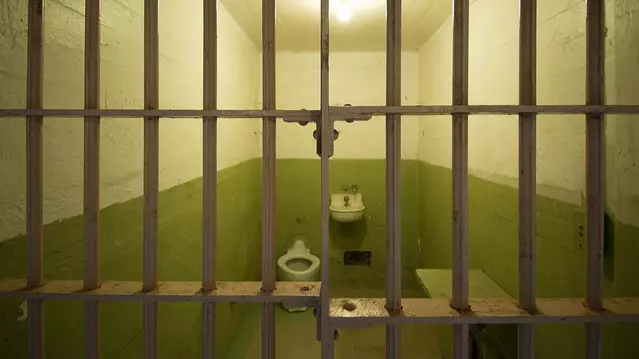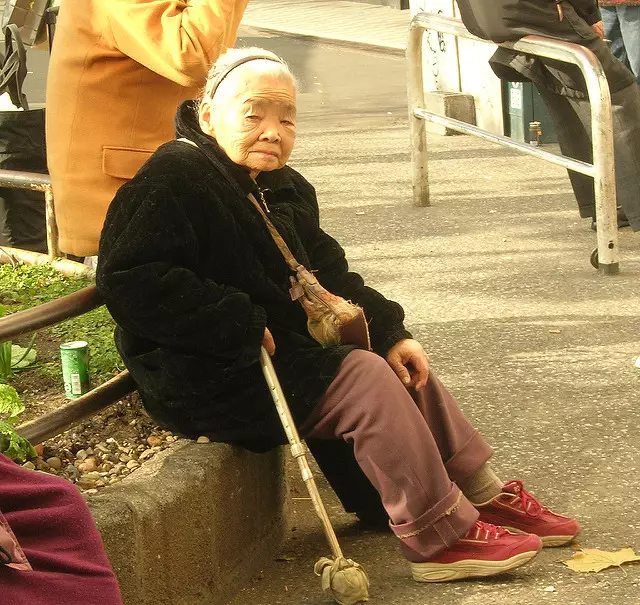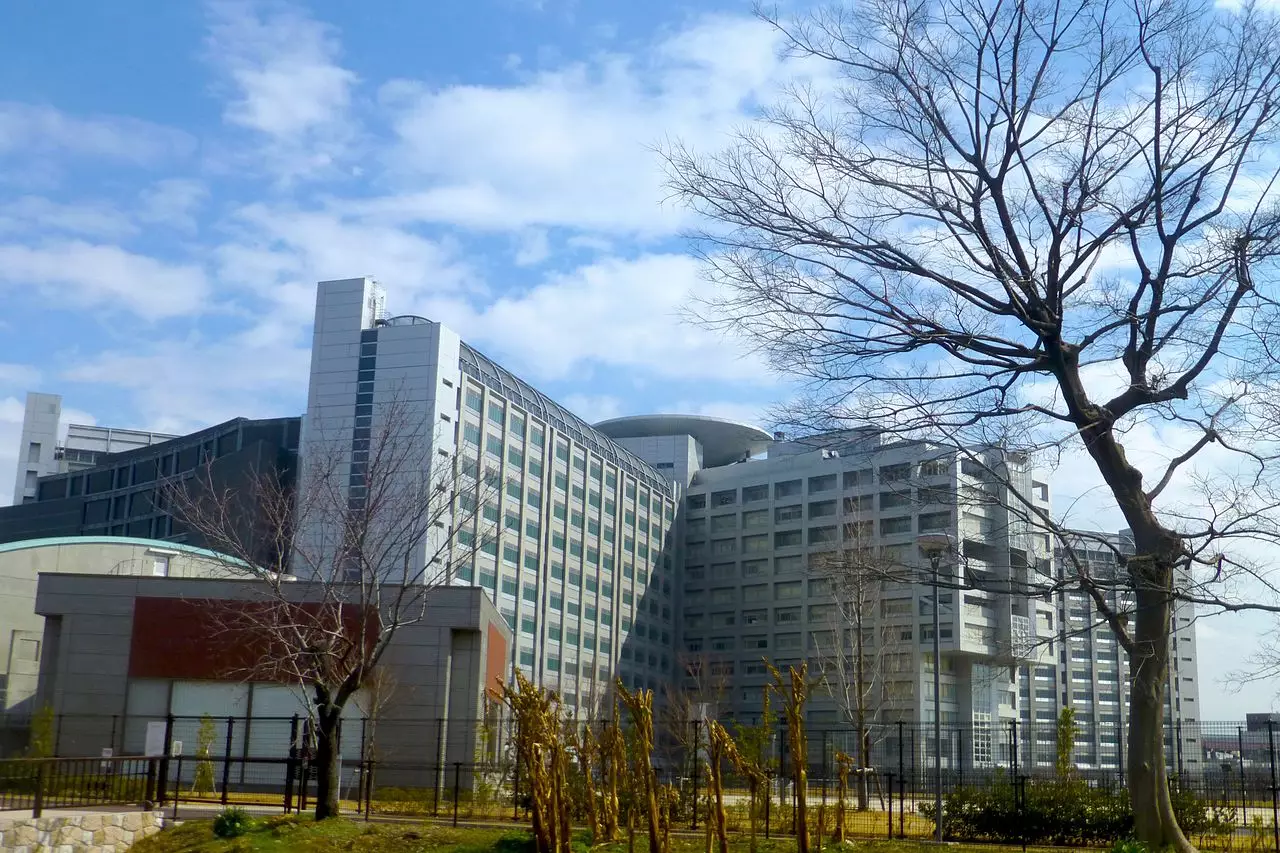
A rather odd and surprising statistic has caught the media's attention this week - nearly one in five female prisoners in Japan are aged 65 or over.
While this is not completely out of the realms or normality due to the fact that around 30 percent of the country's population is aged 65 or over - almost twice the share of the US - the reason behind this figure is the most surprising part.
Due to an overpopulation issue and the fact the country doesn't necessarily have the resources to provide care for the large elderly demographic, many women are turning to petty crimes such as theft to purposely incarcerate themselves and thus have a place to live, food to eat, and a sense of community.
Advert
Bloomberg reports that caring for Japanese seniors was once down to families and communities, but unfortunately this is all changing. Between 1985 and 2015, the number of citizens aged 65 and over living alone increased by more than sixfold to over 6 million.
As such, a trend has developed which has seen the number of crimes committed by seniors quadruple during the same period of time. A 2017 Tokyo government study discovered that over half of the OAPs caught shoplifting lived alone, while 40 percent didn't have family or had lost contact with their relatives.
With nowhere to turn and no one to turn to, their last resort was to commit a blatant petty crime in order to get put up in prison.
Yumi Muranaka, head warden of Iwakuni Women's Prison, told Bloomberg that even women with somewhere to go said they felt invisible.
"They may have a house. They may have a family. But that doesn't mean they have a place they feel at home.
"They feel they are not understood. They feel they are only recognised as someone who gets the house chores done."
On top of these feelings of loneliness, elderly women are often financially challenged, with nearly half of those residing alone living in poverty compared with the rest of the nation's population. As such, theft for some isn't just a means to get into prison, but simply a way to get by in life.
Advert
One inmate described how after her husband died, with no children to speak of she was left with little money to live on. "My husband died last year," she said. "We didn't have any children, so I was all alone. I went to a supermarket to buy vegetables, and I saw a package of beef. I wanted it, but I thought it would be a financial burden. So I took it."
Currently there are no rehabilitation programs for the country's prison system and the financial strain it's having is rising at a rapid pace. Some staff members say the job now resembles more of a nurse care assistant role than a correctional officer one.
Sadly, right now there is no solid solution. While the government has launched an initiative to ensure seniors get support after serving a jail sentence, it seems the issues they face in the real world go beyond momentary aftercare.
Featured Image Credit: Drew Bates (Creative Commons)Topics: World News, Japan

